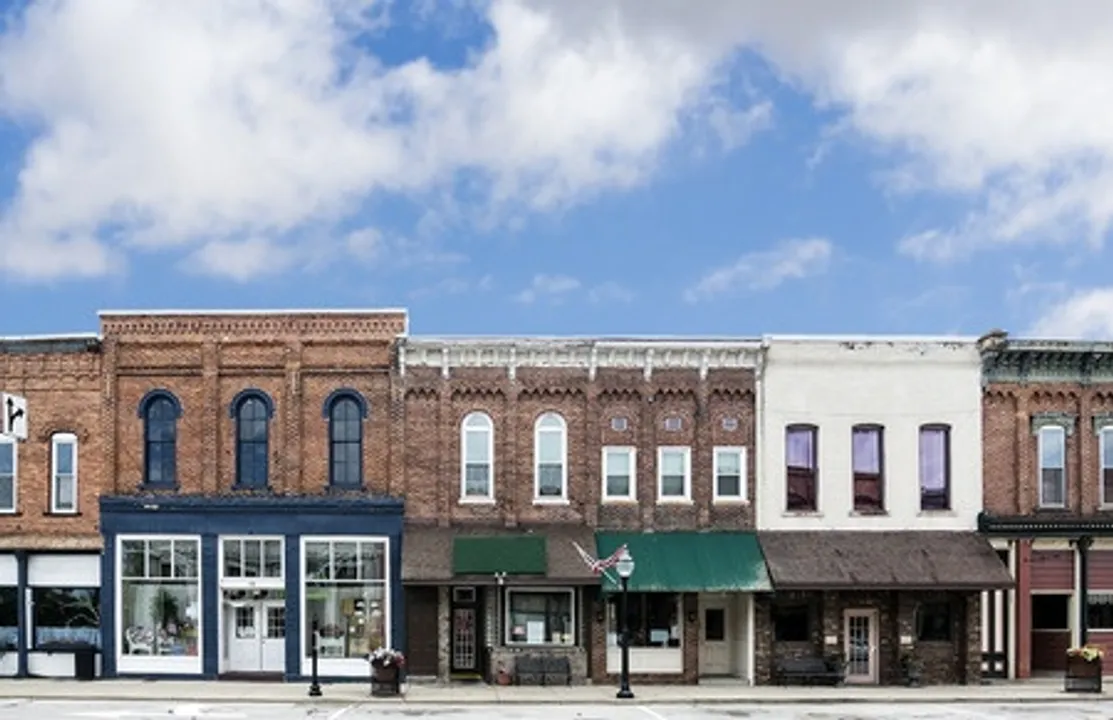Top Reasons to Consider Small Town Physician Jobs

Michael Shake/123RF.com
Unless you grew up in a small town, practicing medicine in a rural community may not be every new doctor’s dream job. But when the time comes for a new doctor to choose a home base, smaller towns have a lot to offer.
Approximately one quarter of the US population lives in rural communities. Unfortunately, only 10% of doctors will ever choose to serve in such communities, and fewer than five percent of new doctors will. How do we close the gap between the needs of small town patients and the desire for new doctors to find meaningful work with appropriate compensation?
Money Speaks
Often the perception is that physician compensation in rural areas can be lower than for docs in more urban areas. However, physician recruiting agency LocumTenens.com found that rural doctors actually averaged slightly more income than their more metropolitan counterparts while enjoying a much lower cost of living (http://www.locumtenens.com/physician-recruitment/rural-recruiting.aspx).
Aside from salary considerations, one of the best reasons to consider serving in a rural community is the opportunity to have a significant portion of medical education loan debt paid off, both through the federal Health Professions Loan Assistance Program and state run programs. Typically, doctors must agree to work for three years in an underserved area, and in exchange, doctors get up to $50,000 from the federal program. Many states offer loan forgiveness assistance program ranging from $25,000-$35,000 a year, for up to four years. These loan repayment program funds are free from state and federal taxes. Even if you aren’t committed to staying in a rural community forever, spending the first years of your practice in a smaller community can give you the long-term financial freedom you can’t get in a more urban setting.
Master Your Skills
In a community with fewer specialists available, a new doctor doesn’t have the luxury of referring patients out easily. Larger cities typically have three times more specialists available to them than small towns. Residents of small towns may not have the funds or transportation available for specialist visits. That means new doctors have the opportunity to deliver babies, set bones, and perform surgeries, all in a day’s work. Patients over 65 have the greatest need for specialists, and small town doctors will do plenty of geriatric medicine.
Lifestyle Balance
Physicians are sometimes concerned that life in the small city would entail round the clock calls and no personal freedom. The reality is that many rural doctors have more free time, a slower pace of life, shorter commute times, greater safety for themselves and their families, often better schools for their children, and the opportunity to have the respect and admiration of a close-knit community.
With greater financial freedom, enhanced skill sets, and blend of professional development and personal freedom, rural life may be just the ticket for new doctors. As more medical schools are offering a rural practice track to encourage new doctors to consider the slower paced life, now is the perfect time for medical students to pursue the less-traveled path.
Related Posts
